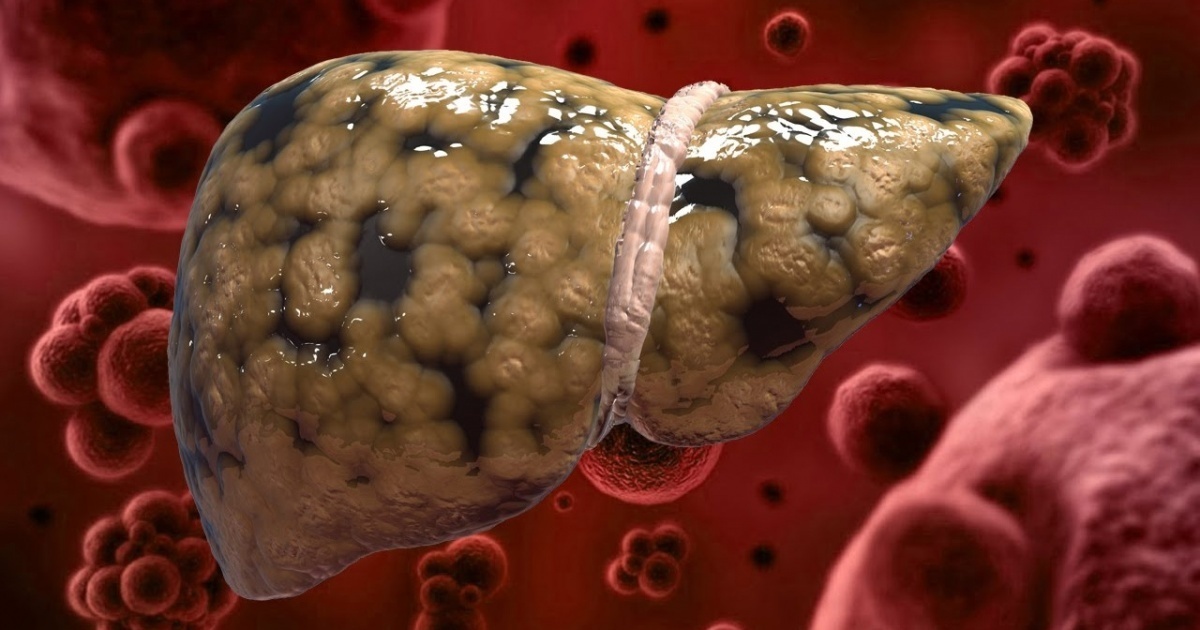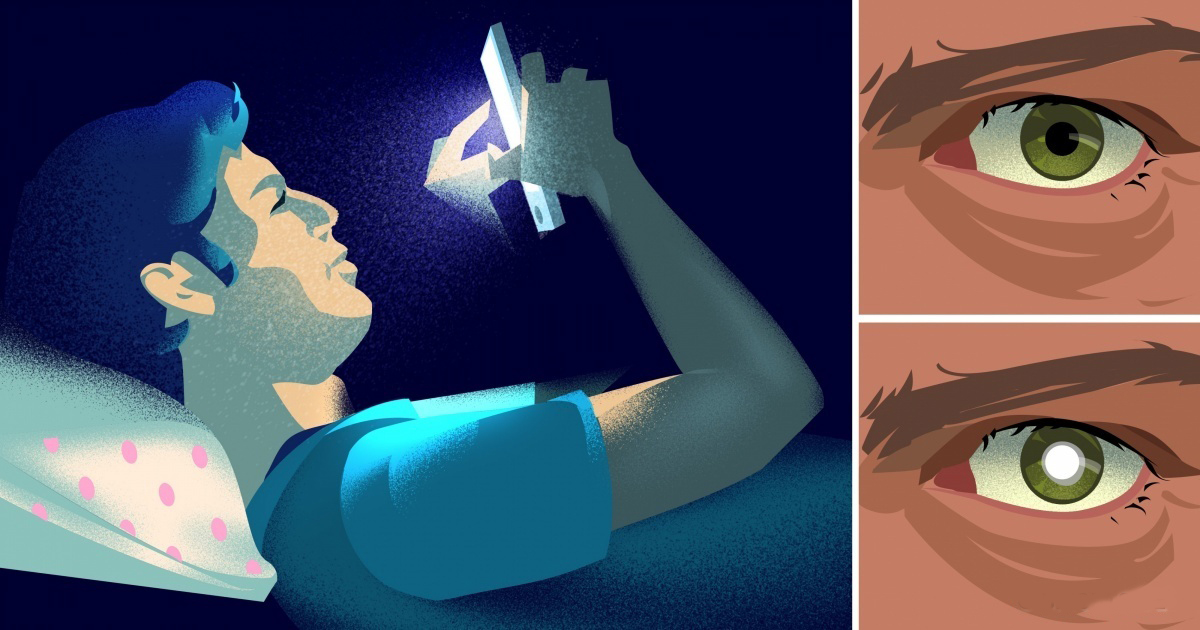In today’s fast-paced world, our health can often take a backseat, and our kidneys—a pair of vital organs responsible for filtering waste and balancing fluids—can silently suffer. Early detection of kidney issues is essential, as it allows you to seek timely medical intervention and prevent severe complications. This comprehensive guide highlights 8 early warning signs that your kidneys might not work properly, blending expert advice and research-backed insights from reputable sources such as Mayo Clinic and Cleveland Clinic. Whether you’re noticing subtle changes in your body or experiencing more noticeable symptoms, understanding these warning signs can empower you to take charge of your health.
Symptoms Of Kidney Problems
8. Trouble Sleeping
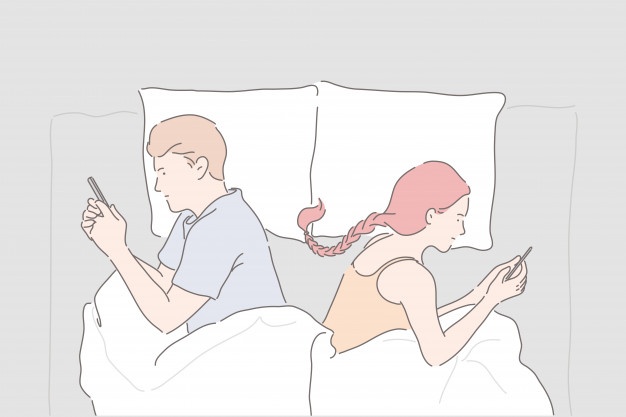
Sleep is crucial for overall health, and disrupted sleep can be an early indicator of kidney issues. When kidneys are not functioning correctly, waste products may build up in your body, affecting your sleep patterns.
- Symptoms to watch for:
- Insomnia or frequent waking
- Restless sleep
- Daytime fatigue
Research from the National Institutes of Health (NIH) shows a strong correlation between kidney disease and sleep disorders. If you find yourself tossing and turning night after night, it might be time to get your kidney function checked.
7. Headaches, Fatigue And General Weakness
Persistent headaches, overwhelming fatigue, and a constant feeling of weakness can be subtle signs of declining kidney health. These symptoms occur because the kidneys fail to filter toxins from your blood effectively, leading to an imbalance that affects your entire body.
- Key Points:
- Headaches due to high blood pressure
- Unexplained, chronic fatigue
- Reduced energy levels impacting daily activities
For further information on these symptoms, consider reading resources available at WebMD and Harvard Health Publishing. Being mindful of these signals can help in early diagnosis and treatment.
6. Having Dry And Itchy Skin
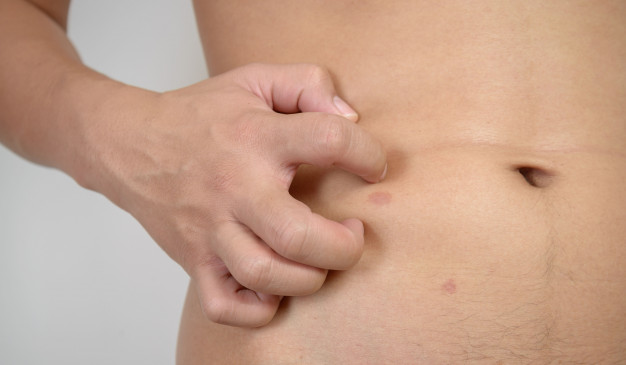
Dry, itchy skin is more than just a minor nuisance—it can signal an underlying kidney problem. When the kidneys are impaired, the buildup of toxins in the blood can cause skin conditions like dryness and itchiness.
- Common skin-related warning signs:
- Persistent dryness that doesn’t improve with moisturizers
- Itching, especially in the absence of allergies or dermatological conditions
- Rashes or skin irritations that appear without a clear cause
The National Kidney Foundation explains that skin changes are common among people with kidney issues and should prompt further investigation. If you’re experiencing these symptoms, consult your healthcare provider for an evaluation.
5. Experiencing Bad Breath And Metallic Taste

A less-discussed yet critical sign of kidney dysfunction is the onset of bad breath and a metallic taste in your mouth. This occurs when uremic toxins accumulate in your body, affecting your taste buds and oral hygiene.
- What to notice:
- Persistent bad breath that doesn’t improve with oral hygiene
- A strange, metallic taste during meals or throughout the day
- Changes in the overall flavor of food
For more details on the relationship between kidney function and oral health, check out articles on MedlinePlus and American Kidney Fund. Early recognition of these changes can be vital in diagnosing kidney issues before they progress.
4. Shortness Of Breath
Shortness of breath is not only linked to heart and lung conditions but can also be a symptom of kidney disease. When kidney function deteriorates, fluid can build up in the lungs (a condition known as pulmonary edema), making breathing difficult.
- Indicators include:
- Difficulty breathing during routine activities
- Wheezing or feeling breathless even when at rest
- A persistent, unexplained sensation of not getting enough air
The Centers for Disease Control and Prevention (CDC) provides resources that connect respiratory symptoms with kidney disease, emphasizing the need for prompt medical evaluation. If you experience shortness of breath, it’s important to discuss it with your doctor immediately.
3. Having Back Pain

Back pain, especially in the lower back near the kidneys, can be a red flag. Unlike common muscle strains, kidney-related back pain is often deep, dull, and persistent.
- What to observe:
- Persistent pain in the lower back or sides
- Discomfort that does not improve with rest or typical pain relievers
- Pain accompanied by other kidney-related symptoms
Learn more about the connection between back pain and kidney issues from trusted sources like NHS and U.S. Food and Drug Administration (FDA). Early medical consultation can help pinpoint the cause and prevent further complications.
2. High Blood Pressure
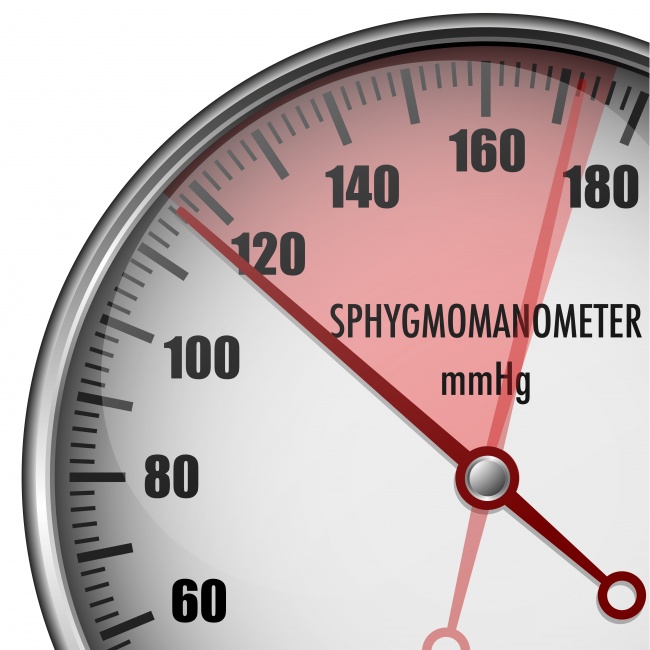
High blood pressure (hypertension) is both a cause and a consequence of kidney problems. The kidneys play a vital role in regulating blood pressure, and their dysfunction can lead to elevated levels.
- Why it matters:
- Kidney disease can cause blood pressure to rise
- High blood pressure further damages the kidneys
- A vicious cycle that can lead to more severe cardiovascular issues
For a deeper understanding of this relationship, review guidelines and research available at American Heart Association and Mayo Clinic. Monitoring your blood pressure and managing it through lifestyle changes and medication is critical for kidney health.
1. Changes In Urination
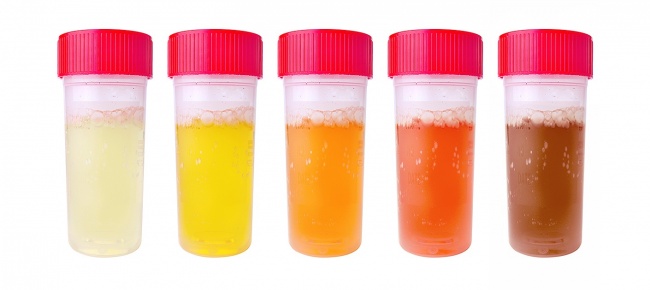
Alterations in your urination patterns are among the most direct indicators of kidney issues. Whether you notice a change in the amount, color, or frequency of your urine, it’s a sign that your kidneys may not be filtering properly.
- What to look out for:
- Foamy or bubbly urine (indicating protein in the urine)
- Increased or decreased frequency of urination
- Urine that appears darker or contains blood
The National Institute of Diabetes and Digestive and Kidney Diseases (NIDDK) provides detailed information on how changes in urination can reflect kidney function. Any noticeable alteration should prompt a consultation with your healthcare provider.
Preview Photo Credit: Depositphotos
